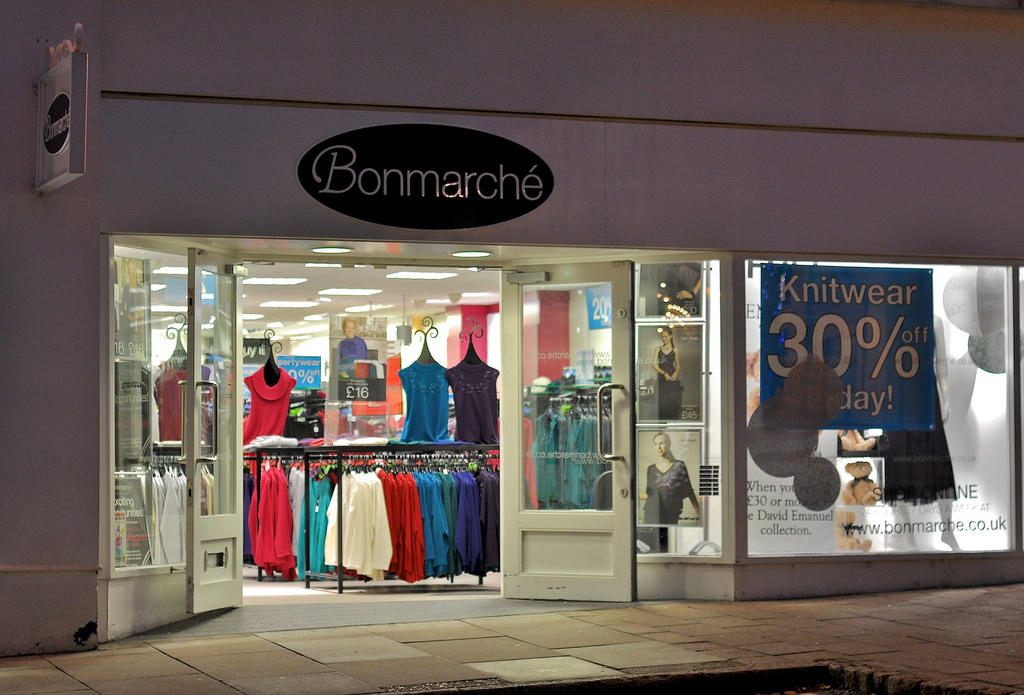Less than two years after it went into administration a West Yorkshire-based clothing retailer has unveiled multi-million pound expansion plans — making it one of the fastest growing companies on the high street.

On the brink of bankruptcy — and with the majority of its 390 outlets facing closure — Bonmarche was acquired in January, 2012, by the private equity group Sun European Partners (SEP). Since then a Stock Exchange flotation has seen the value of its shares have increased by 38 per cent and like-for-like sales by 10 per cent.
The mastermind behind the Wakefield company’s recovery is chief executive Beth Butterwick. She joined Bonmarche as brand director just before its collapse and has always believed the key to its success was a return to the firm’s original mission statement — value and style for ladies over 50.
“I could see the business had incredible potential,” she says. The Peacock Group had bought the clothing retailer from its founder, the Sikh businessman Parkash Singh Chima, in 2002. Over the next decade it expanded its budget fashion chain nationwide and took on more than 4,000 staff. It also clocked up debts of £240m and when SEP rescued Bonmarche from the administrator it chose Butterwick to lead the new management team.
“Bonmarche was always a very good business in terms of its proposition, but it had just been badly managed,” she admits. “We are now catering for a growing demographic so there’s a great opportunity to be had there.”
Under her guidance the number of stores has been slimmed down to 265. It has also established a six-and-a-half-million strong customer database, a website, mail order catalogues, a telephone order service and sells through a television shopping channel.
Last November SEP decided to sell a 40 per cent stake in the business and raised £40m from a stock market flotation. It is using that money to expand into garden centres, mills, and department stores as well as looking at cruise ships. Bonmarche also recently re-launched its plus-size Ann Harvey brand.
“My vision for the business is to be the front-of-mind destination for our customer,” said Butterwick, who admits her biggest investments for this year are store refits and the opening of five new stores and up to 20 concessions — “Stores reflect community and have personality.”
She is also planning to have an electronic point of sale, or EPOS system, up and running by the spring of next year. “The tablet has fundamentally changed everything,” she says. Online visits via tablets currently account for 30 per cent of all online visits to retailers, she says, and 16 per cent of all purchases.
Back in 2008, Bonmarche’s competitors were Ethel Austin, TJ Hughes and Littlewoods. Since their demise, there is no other retailer catering purely for the same market. “Bonmarche,” claims its chief executive, “has become the high street’s best kept secret.”